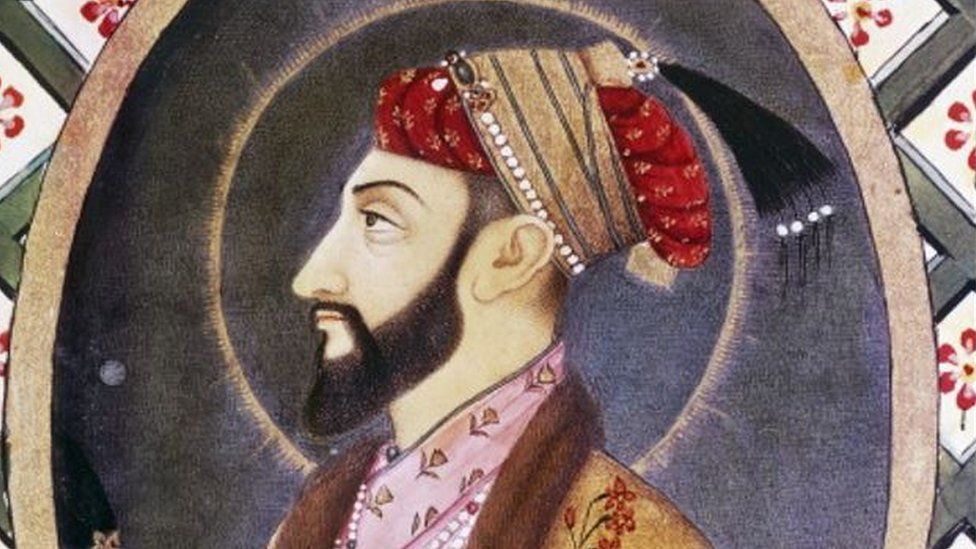Why is a Mughal emperor Aurangzeb debated on social media?

Aurangzeb, often described as the "last effective Mughal emperor" ruled India for nearly 50 years from 1658 to 1707 - but he was never a favourite in the eyes of historians. He, the sixth emperor and a devout Muslim, was often described as a ruthless tyrant who was an expansionist, imposed tough Sharia laws and brought back the discriminatory jizya tax that Hindu residents had to pay in return for protection. He was also described as someone who hated music and other fine arts, and ordered the destruction of several temples.
All that happened hundreds of years ago - but the hate he's been getting recently has been unprecedented. It started when the dispute over the Gyanvapi mosque began bubbling in the holy city of Varanasi - the mosque is built on the ruins of the Vishwanath temple, a grand 16th Century Hindu shrine destroyed in 1669 on Aurangzeb's orders. Now, his name is trending on social media with thousands of disparaging references, can be found in court files and has been invoked by India's present-day Hindu nationalist rulers.
In December, Prime Minister Narendra Modi spoke about "Aurangzeb's atrocities, his terror" at an event in Varanasi. "He tried to change civilisation by the sword. He tried to crush culture with fanaticism," Mr Modi said.
His comments seemed to baffle a Canadian-American journalist who asked on Twitter why the Indian Prime Minister was "giving a long speech attacking a Mughal emperor who died 300+ years ago"?
Historian Audrey Truschke responded that Hindu nationalists believed that "Muslims oppressed Hindus for hundreds of years so they deserve to be oppressed today, as retribution for the past". She said Aurangzeb's name was being used as "a dog whistle to signal that it is acceptable to hate and use violence against present-day Muslims".
In the days since this Twitter discussion, much more hate has been heaped on Aurangzeb. Describing him as a "butcher", the mayor of the city of Agra said all traces of him should be removed from public places. On Twitter, the Mughal emperor was called "an invader" who wanted to wipe out Hindus and one user suggested that all monuments and buildings by Mughals built over Hindu places of worship should be bulldozed. His tomb in the western state of Maharashtra was shut to visitors after a regional politician questioned "the need for its existence" and called for its destruction.
Historian Nadeem Rezavi, author and professor of medieval history at Aligarh Muslim University, says Aurangzeb is "a very convenient name" to bring up to demonise India's Muslim minorities who, in recent years, have been at the receiving end of violence from Hindu mobs. Prof Rezavi says the Mughal emperor did demolish a number of Hindu temples and imposed the discriminatory tax on Hindus, but he was a complicated figure, and not completely evil. "He gave the highest number of grants for maintaining Hindu temples, he himself was two-thirds Hindu by blood because Akbar, his great-grandfather, had married a Rajput [a warrior Hindu caste], and there were more Rajputs in higher echelons during his rule than that of any other Mughal."


Comments
Post a Comment